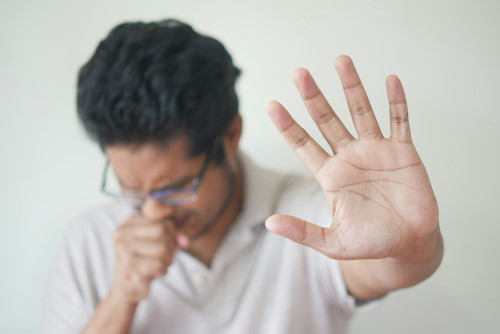Seems like there’s no reprieve: Just as the season of respiratory viruses like flu and RSV is winding down, allergy season is kicking in. The first day of spring is officially March 19, but already noses have begun running as pollen fills the air in many parts of the country.
“We are anticipating a rough allergy season this year, and people are already coming in with symptoms,” says Tania Elliott, MD, an allergist in New York City and a clinical instructor at NYU Langone Health.
BREAKING: Newly Legalized Herb Relieves Pain - Available Without A Prescription
In relation to the long-term average (between 1991 and 2020), pollen is spreading a week earlier than normal in Albuquerque, New Mexico; two weeks earlier in St. Louis, Missouri; and more than three weeks earlier in parts of Washington, D.C.
The Sacramento Valley as well as coastal areas of Northern California, Oregon, and Washington are seeing the earliest beginning of spring on record.
First Comes Pollen From Trees, Then Grasses and Weeds
“As a result, a big influx of people are coming in with allergy problems,” says Stephen Kimura, MD, an allergist in Pensacola, Florida. “The pollen seems to be worse here than usual — everybody’s car is covered with yellow dust.”
This yellow dust is pollen from coniferous trees such as pines, and around the country, it’s a sign that tree pollen season has arrived.
In addition to bringing an upswing in allergies, tree-pollen season itself seems to be hanging on longer than usual, according to Dr. Kimura, who is a fellow of the American Academy of Allergy, Asthma, and Immunology. “In the past, it would be really intense for two weeks and then start to wane,” he says. “Now the pollen season can last four to six weeks.”
How to Manage Allergy Symptoms Like Sneezing
For those with allergic rhinitis, common symptoms are sneezing, runny nose, and congestion; red, watery, or itchy eyes; and a worsening of asthma and other chronic respiratory conditions. These issues usually do not lead to hospitalization, but they can be very unpleasant to a point where they disrupt sleep and productivity in school or the workplace.
If you are having these reactions, Kimura advises first getting tested to find out if symptoms are definitely allergy-related and not due to something entirely different such as a sinus infection. Testing can also pinpoint what specific allergens trigger your symptoms.
To help manage allergic reactions, Dr. Elliott, who is also a spokesperson for the American College of Allergy, Asthma, and Immunology, offers these suggestions:
TRENDING: Men Try This Tonight - You'll Never Need The Pill Again
- Keep windows closed and air conditioning on (be sure to clean out your vents first).
- Leave shoes at the door so they don’t track pollen into the house.
- Get in the habit of showering in the evening so you can wash off pollen and not bring it into your bed.
- Consider taking allergy medication such as a daily antihistamine or nasal spray. (Note that most nasal steroid sprays take five to seven days to kick in.)
- Consider allergen immunotherapy (allergy shots or drops), which can train your immune system to no longer react to those allergens.









